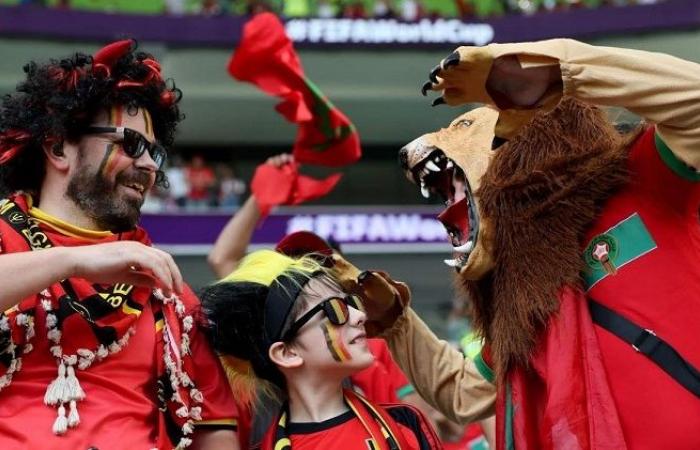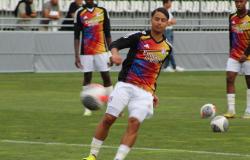
Twitter 0
WhatsApp
Facebook 0
Messenger
Can a nation benefit as a whole from the success of its sports team on the world stage? The question was posed by Lynn C. Pasquerella, host of the radio program The Academic Minute, produced by the American educational station WAMC-FM, to Anass Bari, former winner of Al Akhawayn University, currently professor of computer science at New York University where he directs the AI and Predictive Analytics Lab.
“To study this question, I developed algorithms to measure sentiment in news articles about Morocco before and during the World Cup. I found that the sentiment was almost neutral before the World Cup, but the positive sentiment increased by 150% during the tournament,” replied the Moroccan expert.
The assertion, made in the mouth of an eminent specialist, reinforces Morocco in its desire to make football an essential element of its soft power. It resonates, indirectly, as a response to those who, through ignorance or bad faith, miserably attempt to cast doubt on the relevance of the Kingdom’s bet on the 2030 World Cup to achieve a new rebound in its march towards progress.
To better understand the impact of football “beyond the field”, the newspaper Le Collimateur reproduces, with the kind agreement of Mr. Bari, its full response to Mrs. Lynn C. Pasquerella’s question. Verbatim.
By Anasse Bari
“In 1984, Boston College quarterback Doug Flutie threw a Hail Mary pass for a 48-yard touchdown, securing a victory against the Miami Hurricanes. The historic moment became a marketing tool for the university, illustrating the “Flutie Effect,” the theory that athletic success can boost college applications.
I found evidence of this effect beyond athletics by focusing on the 2022 World Cup, when Morocco’s remarkable run sparked global interest in the nation.
To study this question, I developed algorithms to measure sentiment in news articles about Morocco before and during the World Cup. I found that sentiment was almost neutral before the World Cup, but positive sentiment increased by 150% during the tournament. While the increase in positive attention was expected given the team’s performance, has it had an impact beyond the field?
To investigate this question, I created “Morocco Indices” to measure interest in the country as a whole and its World Cup team. These indices analyzed social media posts regarding Morocco before, during and after the World Cup.
I found that online searches for non-sports topics related to Morocco increased by 400% during and after the World Cup. This included searches for the country’s cuisine, culture and attractions, with queries such as “best time to visit Morocco”, “Morocco visa” and “couscous”.
Global sentiment towards Morocco went from neutral to a 150% increase in positive sentiment during the tournament. Additionally, searches related to travel and cooking have also increased significantly. Morocco’s victory over Portugal saw a 4,527% increase in mentions. Terms like “Travel to Morocco”, “Moroccan Cuisine” and “Capital of Morocco” have been trending on social media.
Morocco’s success at the World Cup sparked interest in the country beyond sport and may have influenced FIFA’s decision to make Morocco the co-host of the 2030 World Cup. The data showed showed that the team’s journey paid off in unforeseen ways.
Twitter 0
WhatsApp
Facebook 0
Messenger





